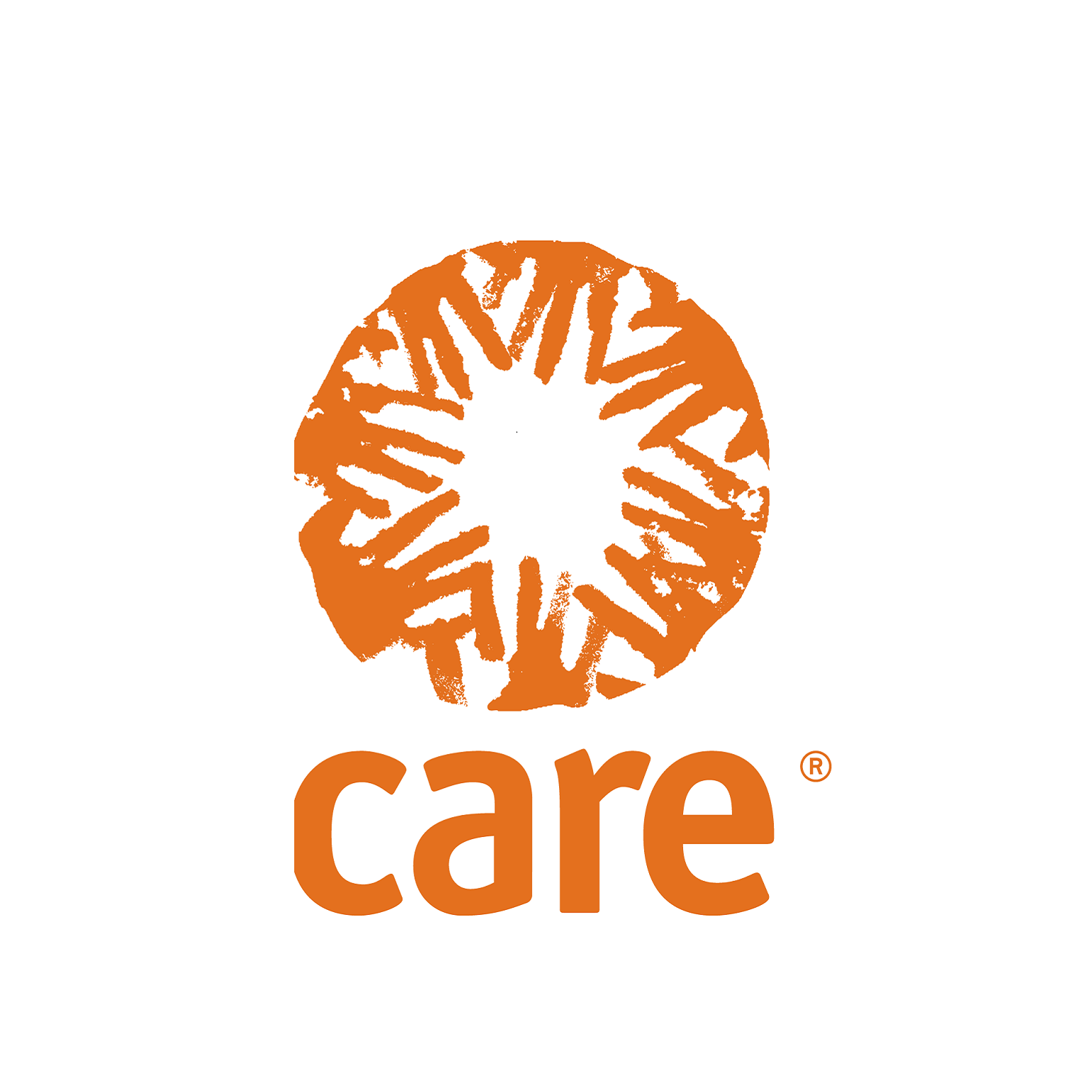Episodes
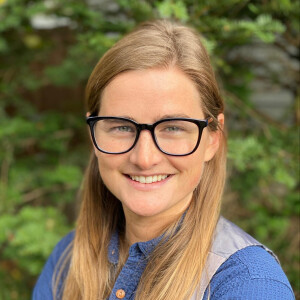
Tuesday Jul 30, 2024
Scary Conversations
Tuesday Jul 30, 2024
Tuesday Jul 30, 2024
What happens when your consultation processes go off the rails? Lauren Beriont from The Emgergence Collective talks about how a lot of our feedback and co-creation processes face three major problems:
1) They assume a trust that does not exist between different stakeholders
2) They are centering the wrong actor--the donor or the most powerful group in the process--instead of focusing on the impact the world needs to see.
3) They are looking to validate a plan that is already in place (but maybe not on paper yet), not create a new plan
How do we fix that? Have scary conversations. Talk about what's not working, what assumptions people holding, and tackle real power dynamics. Look at what impact donors expect, vs. the kind of impact people are actually seeing happen.
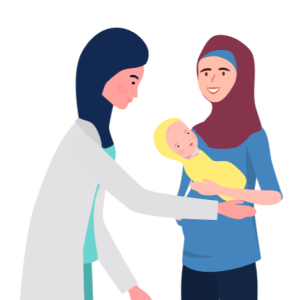
Wednesday Jan 03, 2024
A Magical Example of Adolescent Girls Leading
Wednesday Jan 03, 2024
Wednesday Jan 03, 2024
It's not easy or obvious to not only work with adolescent girls in crisis settings, but also to let them lead. But it is possible. AMAL currently operates in Syria, Nigeria, and Somalia, addressing the unique vulnerabilities of adolescent girls in crisis settings, such as early marriages and adolescent pregnancy. The program includes components like a Young Mother's Club, Community Dialogues, and a health provider curriculum to improve sexual and reproductive health service uptake and enhance participants' life skills. Our guest speaker, Pari Chowdhary, highlights the importance of relationship investments, continuous quality improvement mechanisms, and including adolescent girls in program design and evaluation. The final hope is for the program to be owned and run locally by the adolescent mothers themselves.
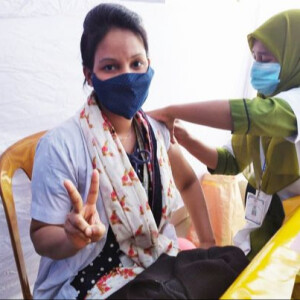
Wednesday Dec 06, 2023
There was no blueprint: trying to make COVID-19 vaccines fast and fair
Wednesday Dec 06, 2023
Wednesday Dec 06, 2023
Katharine Nasielski, Pari Chowdhary, and Brittany Dernberger talk about Fast and Fair-- CARE's work trying to get COVID-19 vaccines out to the world to meet the global deadline for 80% vaccination rates by September 2022. Advocating for funding and policy change, running programs to support vaccine delivery around the world, and trying to measure global to local impact are all places where we've learned a lot about what we need to do next time. Because like it or not, we need to prepare for a next time. Consistent investments in innovative, nimble, and adaptable are our best shot for future pandemic preparedness.
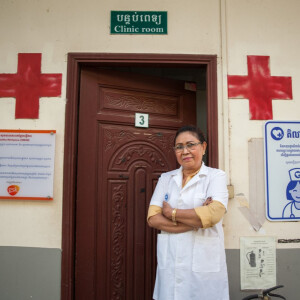
Wednesday Oct 25, 2023
The New Usual: Supporting Frontline Healthworkers as a goal, not a tool
Wednesday Oct 25, 2023
Wednesday Oct 25, 2023
Frontline health workers play a critical role in delivering health services globally, especially to the hardest to reach populations. Despite their importance to health systems and universal health coverage goals, this majority female workforce faces diverse and ongoing barriers affecting their working conditions and capacity. Pari Chowdhary talks about how at CARE, we aim to bring support and work with and for FLHWs to achieve healthy outcomes across our programming countries, but also, we aim to bridge key gaps like equipping and training FLHWs.

Thursday Sep 21, 2023
Cozy with the context
Thursday Sep 21, 2023
Thursday Sep 21, 2023
Monalisa Salib wants you to get cozy with the context. If your theory of change is full of assumptions and logical statements that could easily be true anywhere in the world, it's probably not going to work. Only by understanding the context where we operate and respecting the actors and the expertise in that context will real change happen. That means knowing the specific players, actors, and dynamics where change gets done. Another tip she has for you: people matter more than process, and technical solutions will never be enough.
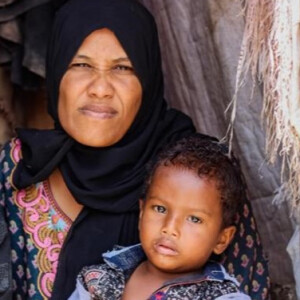
Wednesday Sep 06, 2023
It is possible: Savings groups in emergencies
Wednesday Sep 06, 2023
Wednesday Sep 06, 2023
Natacha Brice--who runs CARE's work on Village Savings and Lending Associations in Emergencies (VSLAiE)--wants you to know two things about doing group savings in crisis settings: 1) It is possible, and it will have big impacts; 2) it's going to take a lot of hard work to do it right. You can build capital in crisis, which changes how we think about both our long term programming and our emergency response. There's a lot we've learned on the journey. Thanks to Beja Turner for hosting!

Thursday Aug 24, 2023
Getting Rigor Right
Thursday Aug 24, 2023
Thursday Aug 24, 2023
Why do we spend so much time and money on gathering data we never use? Why can't we always find the data we need to make good decisions? Christina Synowiec from Results for Development talks about Getting Rigor Right, and article she co-authored on deciding how rigorous data needs to be based on the decision you are trying to make. Sometimes you need quick, indicative data. Sometimes you need people's voices. (Often you need both). You always need data, but only sometimes do you need the most rigorous data to make a good decision.
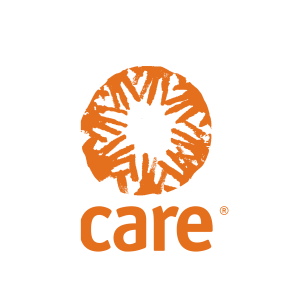
Thursday Aug 10, 2023
Thursday Aug 10, 2023
In our 100th episode, Michelle Nunn talks about lessons learned since she last joined the podcast with Fourth Quarter Failure, including navigating challenges we never predicted--like COVID-19 and the conflict in Ukraine. Some of her reflections include that we have to lean more into local leadership and networks with humility, we have to lighten our systems, and we have to create a space where everyone can be a change agent. Building new tools to listen to the women we work with faster and more completely, balancing risk, and becoming agile are some of the thoughts at the top of her mind.

Wednesday Jul 05, 2023
Avoiding Hothouse Flowers
Wednesday Jul 05, 2023
Wednesday Jul 05, 2023
Joshua Muskin from Geneva Global talks about the incentives and biases that cause programmers to design "hothouse flowers"--projects that will only work inside the special resource and attention environment of a startup and a pilot. To get to scale, you need to think beyond the hothouse, to what will work under the hardest conditions, not the easiest ones. Who scales, what resources they have, and what their goals and incentives are contribute so much more to scale than having an elegant solution from the outside. "Be more trust based" is just one of Joshua's tips on how to succeed in creating something that could scale.
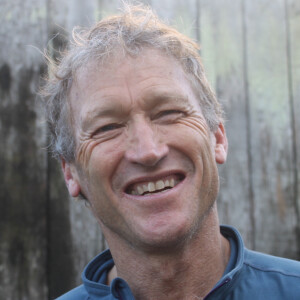
Monday May 08, 2023
Don’t Feed the Zombies
Monday May 08, 2023
Monday May 08, 2023
Kevin Starr talks about his article "Don't Feed the Zombies" and how if we focus on measuring reach, instead of caring about impact, we end up doing harm in the world. His vision is a world where you can't get taken seriously if you can't talk about real, measurable change in the lives of people we serve, and the evidence to back it up. "The minute you commit to impact, and a definition thereof, you're starting to be part of the solution." What's a definition of impact? Evidence of change that happened in someone's life, and a plausible description about how your part in that change worked. If we (especially donors) are not accountable for impact, they end up supporting groups that aren't accountable to the people they serve, and are not driving for the full potential of what we can get done in the world. Here are some other links to check out:
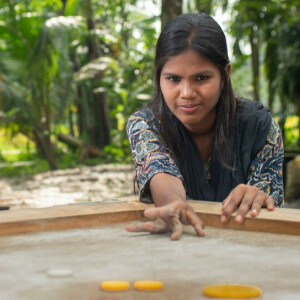
Tuesday Apr 25, 2023
Life Happens: Balancing Rigor and Lived Truth
Tuesday Apr 25, 2023
Tuesday Apr 25, 2023
Anne Sprinkel talks about trying to implement, translate, and apply learnings from a Randomized Controlled Trial (RCT) in the middle of a pandemic. "Communities are not laboratories, and they deserve so much more." She talks about how to combine qualitative data and triangulate different perspectives in an RCT, and all of the learning around it. "Simply taking one person at their word...that is truth." Anne first joined the podcast in 2019, talking about Square Pegs and Round Holes and fitting research to community needs. Nearly four years later, she's talking about what their RCT told them, social norms findings, and balancing people's lived truth with "rigorous" research findings.
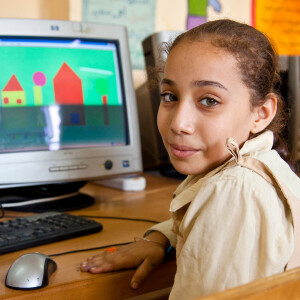
Monday Mar 06, 2023
Why Resilience Beats Sustainability
Monday Mar 06, 2023
Monday Mar 06, 2023
Sustainability fails because it assumes progress is a straight line, and things will always be getting better. Gloria Steele talks about why our thinking about how COVID, climate change, and conflict show us that we need resilience, the ability of people and systems to bounce back. Sustainability is continuing to do what others define as progress. Resilience is being able to choose the path that works for you. What's an example of resilience? Refusing to allow gender norms to define who has capacity, and what capacities they have. Another tip she has is "we are only as good as we are able to learn."
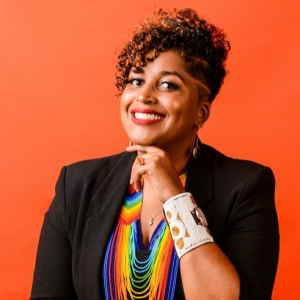
Monday Feb 20, 2023
Stop Analyzing and Act
Monday Feb 20, 2023
Monday Feb 20, 2023
Crystal Simeoni, the Director of NAWI Collective, shares tips for decolonizing, deconstructing, bravery, and joy in development. International development gets so much wrong, but there are ways to be better. Some of Crystal's tips include: align your operations with your values, give up power, center care, and just get it done. You know what you need to do; stop analyzing and act. A few other key pieces of advice: "slow it way down," "pull your head up from your laptop," and "the narrative of capacity is a lie." Crystal helps think about redefining success, and who gets to build the future. And if she could wave a magic wand, Crystal would have a feminist audit firm take charge of operations.
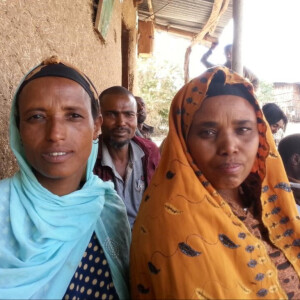
Tuesday Jan 10, 2023
Perception is Everything
Tuesday Jan 10, 2023
Tuesday Jan 10, 2023
When you're leading a change to have more equity in your staffing practices, people who hold privilege will feel that they are losing power, no matter what the data says. You also don't usually get to such a profound organizational change unless you REALLY have a problem. Listen to Esther Watts talk about how CARE Ethiopia had to change it's policies and practices so the staff was no longer 26% women--the worst equity rate of any office in the CARE federation, and what they had to do to get there. Diversity makes a difference, and you have to have a lot of courage to get there. Esther's advice? "go go go. Stand by the courage of your convictions."
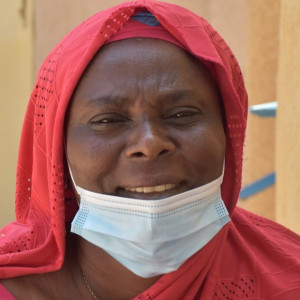
Wednesday Nov 16, 2022
The Data Belongs to Them
Wednesday Nov 16, 2022
Wednesday Nov 16, 2022
In part 2 of her podcast, Kalkidan Yihun talks about how to make sure that data transforms into action--and especially that women and girls who contribute data get that data back in ways they can use themselves. Instead of extractive processes that feed into a black box that communities never see, think about how to format and share data so women can act. Who needs to see it? Who will take action? What ways make sharing that data safe for people who provided it? Kal coordinates the Women Respond project, and offers tips and lessons about what doesn't work (and does) in putting women's voices first.

